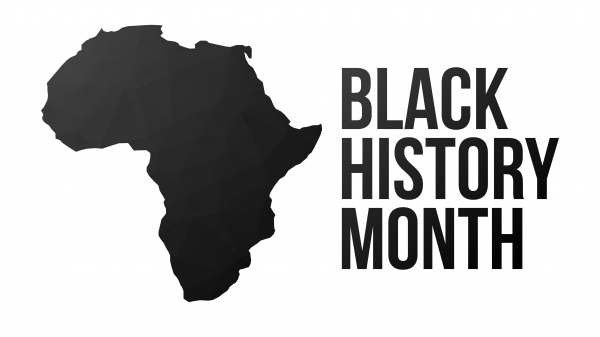Black History Month is a time of celebration, reflection, and education. It’s a month dedicated to honoring the achievements and contributions of African Americans throughout history. As the world comes together to celebrate this period, here are some interesting insights. Did you know these 13 facts about Black History Month?
Origins of Black History Month
- Birthed in Chicago: Black History Month finds its origins in Chicago during the summer of 1915 when Carter G. Woodson, an alumnus of the University of Chicago, started the initiative (source).
- Started as a Week: Before becoming a full month, Black History Month was initially observed as Negro History Week in 1926, founded by Carter G. Woodson (source).
- Official Observance: The first official observance of Black History Month came in February 1976, from President Gerald Ford (source).
Key Historical Events Celebrated During Black History Month
- Emancipation: Black History Month commemorates significant events such as the Thirteenth Amendment in 1865 that abolished slavery in the United States (source).
- Civil Rights Movement: The Civil Rights Movement of the 1950s and 1960s that fought for equal rights for African Americans is often highlighted during this month. Read Also: Black History Month 2024: Biden’s Presidential Welcome
Contributions of Black National Leaders
- Carter G. Woodson: Known as the “father of Black history,” Woodson dedicated his life to promoting and educating people about Black history and launched Negro History Week in 1926 (source).
- The Role of NAACP: The National Association for the Advancement of Colored People (NAACP), founded in 1909, has played a crucial role in advocating for the rights and achievements of African Americans, which is often recognized during Black History Month. Read Also: The Underground Railroad: How it Shaped the Path to Freedom Fighting
Lesser-Known Facts About Black History Month
- February Selection: February was selected for a special reason. It aligns with the birthdays of Abraham Lincoln and Frederick Douglass, both of whom significantly influenced black populations (source).
- International Recognition: Black History Month isn’t just an American event. It’s also celebrated in Canada in February and in the United Kingdom in October.
- First Ever Stamp: The first-ever U.S. Postal stamp to honor an African American was issued in 1940. The honoree was Booker T. Washington.
- A Month for All Black People: Black History Month honors all Black people from all periods of U.S. history, from the enslaved people first brought over from Africa in the early 17th century to African Americans living today (source).
- Theme Each Year: Every year, Black History Month has a different theme. The 2024 theme is yet to be announced.
- Inclusion in Curriculum: Since the late 1970s, many schools have incorporated the study of African American history into their curriculums during February, thanks to Black History Month.
Black History Month is a profound and essential celebration that highlights the contributions and achievements of African Americans. It’s a time of remembrance, education, and appreciation for the rich history and culture that has shaped the nation.
Bottom Line
As we continue to celebrate Black History Month, it’s essential to recognize its roots and honor the leaders who have paved the way for change. Whether it’s through education, activism, or everyday actions, we can all contribute to making a more inclusive and equal world for all. Let us never forget the struggles faced by generations before us and continue striving towards progress. After all


